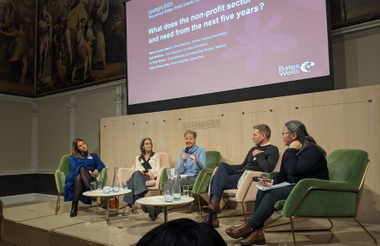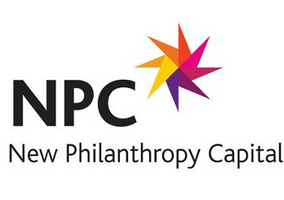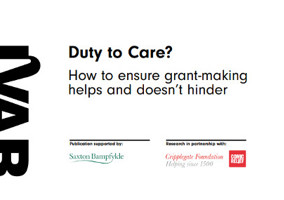Foundations have been urged to “embrace” risk to better support the organisations they fund.
Last week, Bates Wells held its annual charity conference to explore how the current landscape could shape some of the key themes for the sector in the coming years.
Speakers on a panel were asked how their charities deal with pressure from internal staff or other stakeholders when it comes to societal issues that are outside of their organisations’ purpose in terms of advocacy and campaigning, but matter to their members.
Caroline Mason, chief executive of the Esmée Fairbairn Foundation, said that her organisation funds “a lot of campaigning organisations”.
“What foundations have which charities don’t is the ability to take risks. So, we use our tolerance for risk as an asset and we think about it as an asset,” she said.
“I do feel that in this new world, the concept of risk is something that foundations need to embrace because we can take it and because we are and can be very independent.”
The other panellists included Matt Whittaker, chief executive of Pro Bono Economics (PBE), Ruth Valerio, global advocacy and influencing director at Tearfund and Molly Carew-Jones, senior associate at Bates Wells.
Tearfund: ‘It’s a challenge’
The panellists heard that the charity sector attracts both conscious and unconscious social justice and were asked how their organisations deal with issues that are outside of their core purpose but important to staff such as the Israeli-Palestinian crisis and the war in Ukraine.
Valerio said: “I oversee our advocacy and campaigning department and that’s full of people who feel very passionately about a number of things, as do many staff within Tearfund, because you tend to work for Tearfund because you have a really strong sense of ‘calling’ and passionate belief in something.
“We try to differentiate between where an issue is core to who we are as an organisation and what we’re trying to achieve and where it’s not. On those issues that are core, we would have set policies and guidelines and on those issues that aren’t, we would probably allow a bit more latitude and recognise that people have very different views and are going to be approaching things differently.”
She added that Tearfund’s policies and guidelines on reputational risk or damage, personal code of conduct and social media ensure that people can “express themselves” in a way that does not bring “disrepute or reputational damage to the organisation”.
“That’s a really fine line, isn’t it? It’s something that we grapple with and it’s a challenge”.
PBE: Organisations need to be clear about their purpose, vision and values
Whittaker said that it is crucial to get consensus and be “very clear about your purpose as an organisation, vision, values, mission and internal behaviours, which you collectively sign up to”.
“You can allow forums and they can be very organic within the organisation for conversation and intellectual curiosity and for socially motivated people to exploit those things and share them with each other.
“We run master classes where we try to share insights into the things that are drivers on an ongoing basis and on personal life and things like that.
“But then if somebody is getting a bit close to overstepping the mark on some of the formal policies you have, you can then use that language [to say]: ‘This isn’t one of the areas which we as an organisation collectively signed up to.”
Related articles












